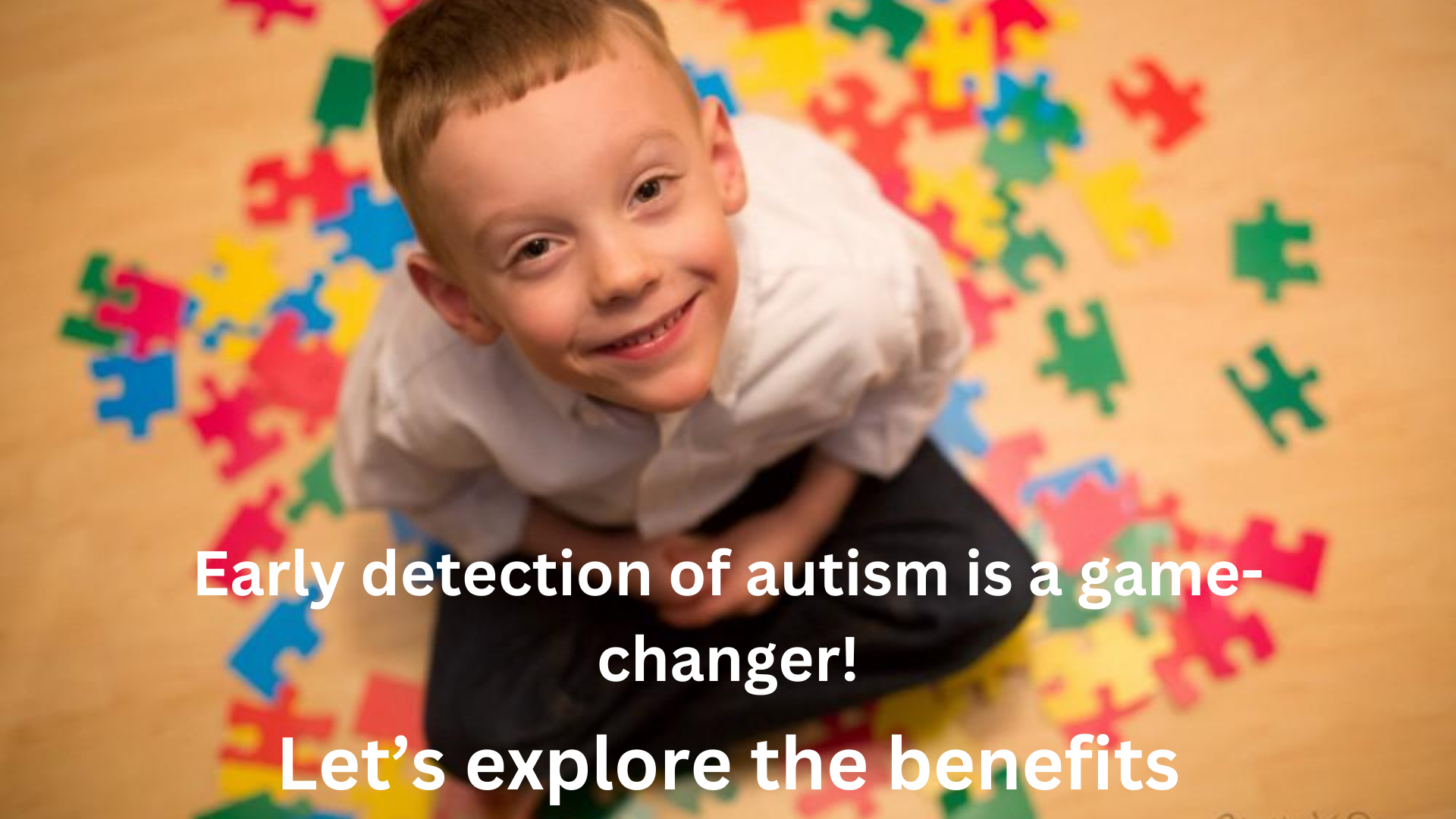
Early Detection: How Parents Address Autism
Autism Spectrum Disorder (ASD) is a complex neurodevelopment condition that affects individuals in
various ways. It's crucial to understand that early detection and intervention are vital in improving the
quality of life for children with autism and their families.
In this blog, we will explore the significance of early detection and how to address children with
Autism.
*Early detection of autism is a game-changer. It can pave the way for timely intervention and support,
which can significantly improve a child's developmental trajectory and overall well-being.
Here are some reasons why early detection is so crucial:
1. Early Intervention: The brain is highly adaptable during early childhood, making it an ideal time to
implement interventions. Behavioral Therapies, Speech Therapy, and Occupational Therapy offered by
Infinite Services can be more effective when initiated at a younger age.
2. Enhanced Communication Skills: Identifying autism early can help children develop crucial
communication and social skills. This, in turn, can improve their ability to interact with others, form
relationships, and succeed in school and later in life.
3. Reduced Behavioral Challenges: Early intervention can help manage challenging behaviors that often
accompany autism. Addressing these behaviors early can improve a child's overall quality of life and
reduce stress for both the child and their family.
4. Improved Family Well-Being: Early detection can provide families with the knowledge and support
needed to understand and cope with the challenges of autism. It enables parents to connect with
resources and services that can make a significant difference in their child's life.
Early detection of autism is a pivotal factor in ensuring that children with autism receive the support and
intervention they need to lead fulfilling lives. By recognizing the signs, seeking professional evaluation,
and implementing early intervention strategies, we can help children with autism develop the skills and
abilities they need to thrive. Remember, every child is unique, and with the right support, they can reach
their full potential and contribute positively to the world.
How to Address Kids with Autism?
Addressing a child with autism should be done with the same respect and consideration as you would
address any other child. It's important to use inclusive and person-first language, which means placing
the child before their condition.
As for the term "autistic" it's important to understand that the use of language can be a sensitive issue.
Some individuals and advocacy groups prefer the use of "autistic" to emphasize their identity as
someone with autism. They believe that being autistic is a core aspect of who they are. However, others
prefer "person with autism," emphasizing the person first and their condition second. This person-first
language is intended to avoid defining someone solely by their condition.
Using the term "special" to refer to individuals with autism can be well-intentioned, but it's not
generally recommended. The term "special" has been associated with euphemistic or patronizing
language and can sometimes unintentionally marginalize individuals with disabilities. Instead, it's usually
best to use terminology that is widely accepted and respectful of the individual's identity and
preferences.
In general, it's best to use the terminology that the individual or their family prefers. If you're unsure,
you can use person-first language as a default and adjust based on the preferences of the person with
autism or their caregivers when you become aware of them. The key is to respect the individual's
choice and identity, as language preferences can vary widely within the autism community.